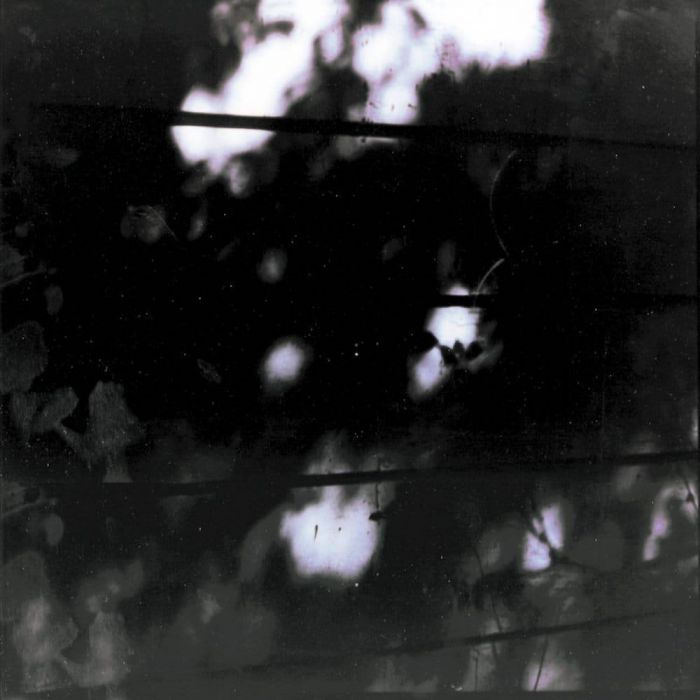The Limits of Painting and Poetry by The Pilot Ships (Review)

One musical concept that people have a hard time realizing is that sometimes, the spaces between the sounds can mean as much, if not more, than the sounds themselves. You can say “silence is golden” as much as you want, but you don’t realize it until you actually don’t hear it. A band like Low has mastered this art, as shown by their catalog of beautifully sparse music. The Pilot Ships take it one step further. On The Limits of Painting and Poetry, it’s often what’s going on in the spaces behind the sounds that’s as important as the sounds themselves.
The Pilot Ships tread the same musical waters as groups like Low, Hood, and Empress. As such, their music is far from inviting, but that doesn’t keep it from being engaging. It makes for a difficult listen, but the music is often beautiful. Of course, the beauty we’re talking about here is not lush and full-bodied, but pitted and fractured, and maybe even a little harsh.
The focus of “The Lazy Swimmer” may be the simple piano melody, but the really interesting stuff is going on behind it. Swirling noises and disembodied voices can just be heard in the background. Warm static, vinyl crackle, and barely audible voices lie just below the surface of “Knotted,” even though the main musical focus is the gently strummed guitar and the Slowdive-y drones. It’s the static and crackle that actually creates the ambience of the track, as opposed the effects-laden guitars.
Vocals, when they do appear, are as flawed as the music. They don’t actually feel like “part” of the songs, but rather as some stray radio transmissions that happened to be picked up while the music was being recorded. There’s no polish, but rather they sound sad and tired. The vocalist on “Sides” sounds like he’s growing older by the minute. The music, as tenuous and sparse as it is, still threatens to crush that small voice. By the song’s end, you’ll feel as though you’ve aged right alongside him.
There are no upbeat numbers here, no songs that just wrap their melodic tendrils around your mind. But these songs will wrap themselves around you, like half-remembered pictures, sounds, and smells. They’re not perfect, but that’s the whole point. The Pilot Ships takes those sounds that most people would deem unnecessary and uninteresting — vinyl crackle, static, guitar scrapings, fret buzz — and creates some pretty compelling music. Actually, music may not be the best word for what you’ll hear on this CD. It sounds too small, too mundane, and too simple. But for the time being, it’ll have to do.